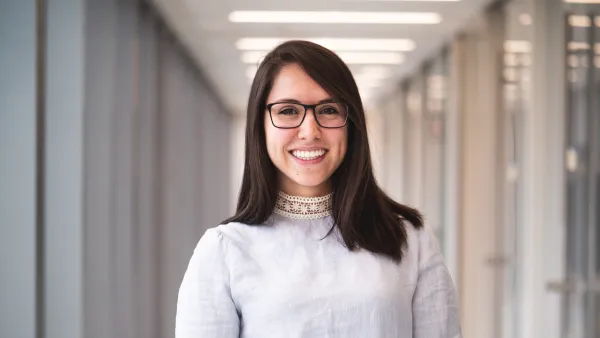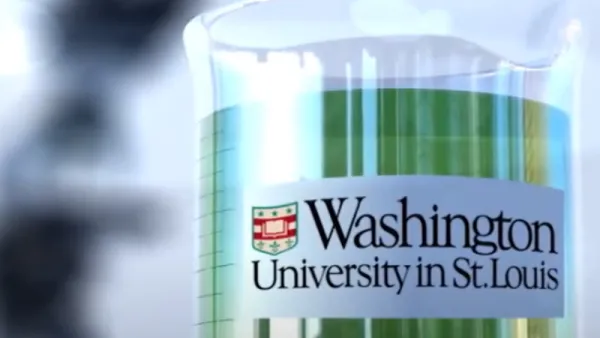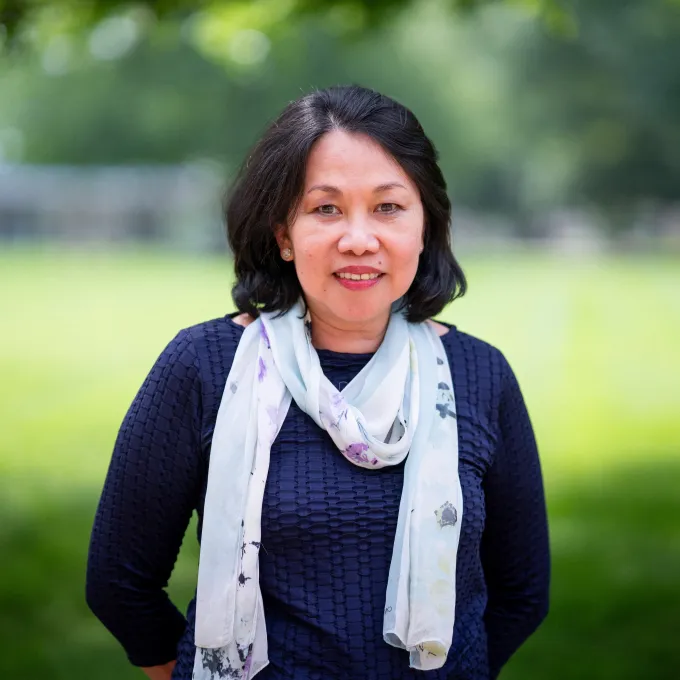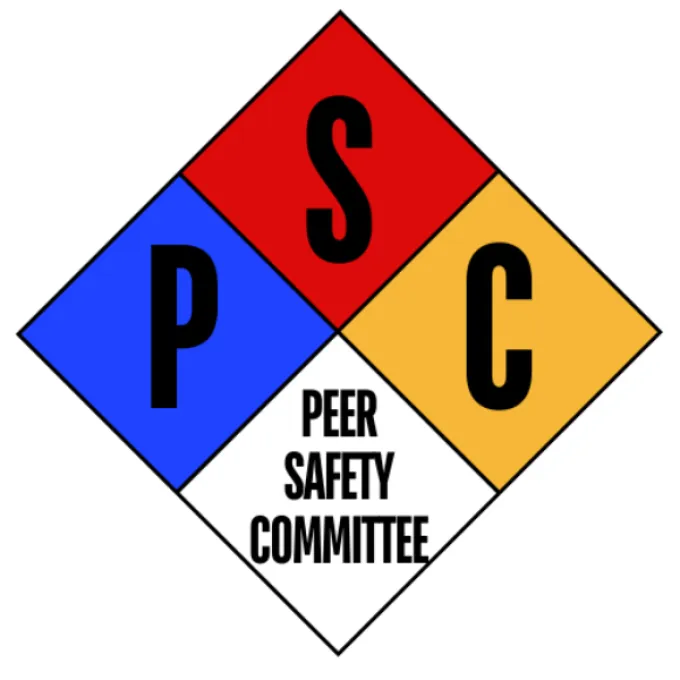
About Our Department
The Department of Chemistry at Washington University has a tradition of excellence, combining deep commitments to fundamental research and classroom teaching. Our department is made up of a close-knit group of teacher-scientists who provide a superior education in chemistry. Our students gain a strong foundation in the core areas of chemistry: organic, physical, inorganic, nuclear, and theoretical. Special emphases in the department include emerging interdisciplinary fields as organometallic, bioorganic, biophysical, macromolecular, polymer, environmental, and materials chemistry.
Our state-of-the-art facilities include the newly renovated Bryan Hall, which adds 28,000 square feet of research space to our footprint. The department is home to 30 teaching and research faculty members and roughly 90 undergraduate chemistry majors, 100 graduate students, and 20 postdoctoral research associates and research scientists.
Collaboration with other departments is a hallmark of our program. We collaborate actively with members of the Departments of Biology, Earth and Planetary Sciences, and Physics. We also collaborate with a number of departments in the McKelvey School of Engineering and in the School of Medicine. Our interdisciplinary research teams are perfectly poised to confront and help solve difficult issues in energy, health, education, security, and defense, and our students are trained to be leaders in these fields.

I chose WashU to pursue my PhD in chemistry because I feel their approach to education provides, not only academic rigor, but also a work-life balance that helps us stay mentally fresh and focus on our research. While the relationships we create with our mentors is up to us, mine pushes me to solve problems independently and gives me the freedom to learn at my own pace, helping me become the best scientist I can be.
― Natalia Gutierrez PhD Candidate, Taylor LabView this profile on Instagram{{ username }} (@washuchemistry) • Instagram photos and videos






